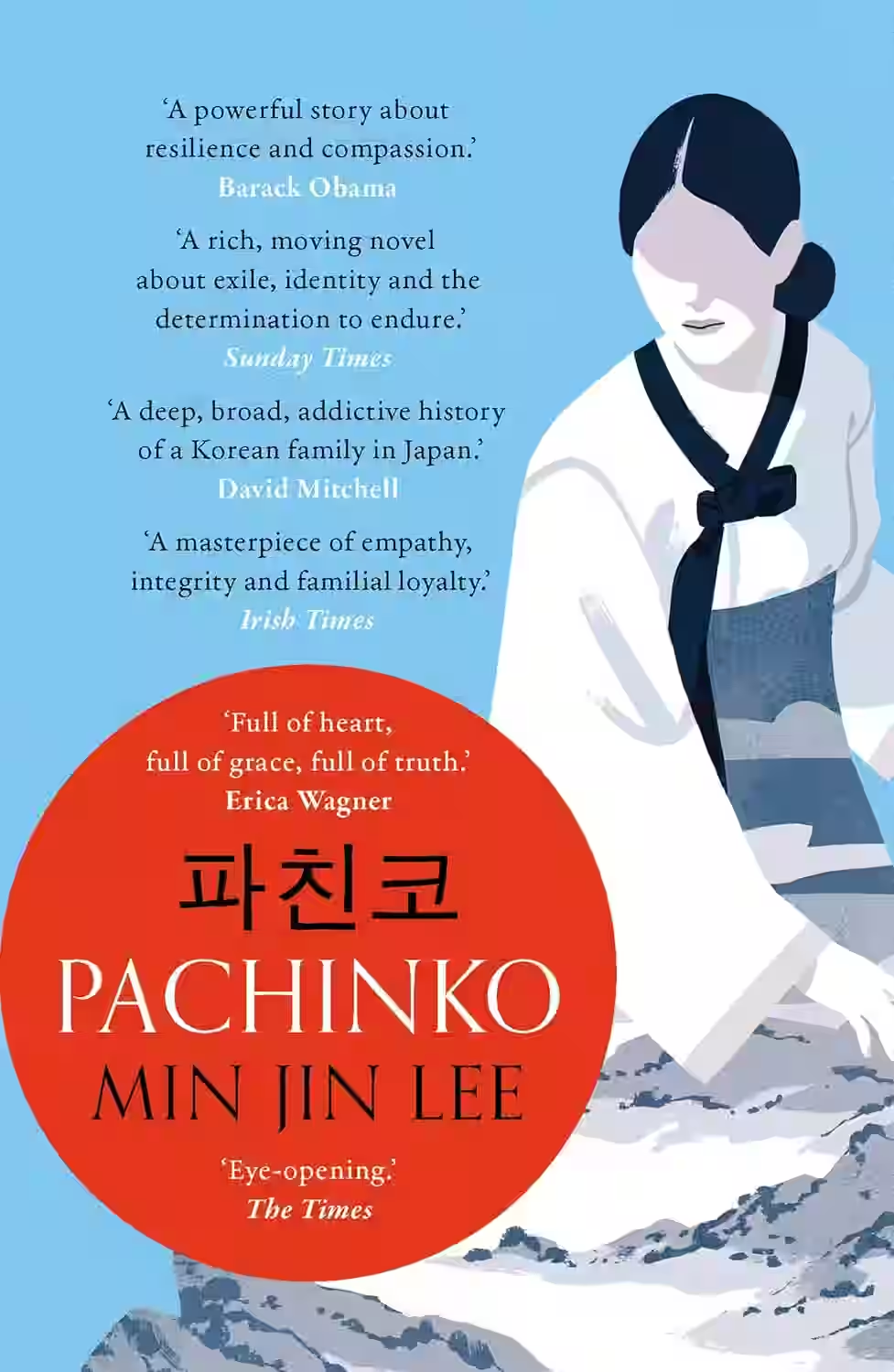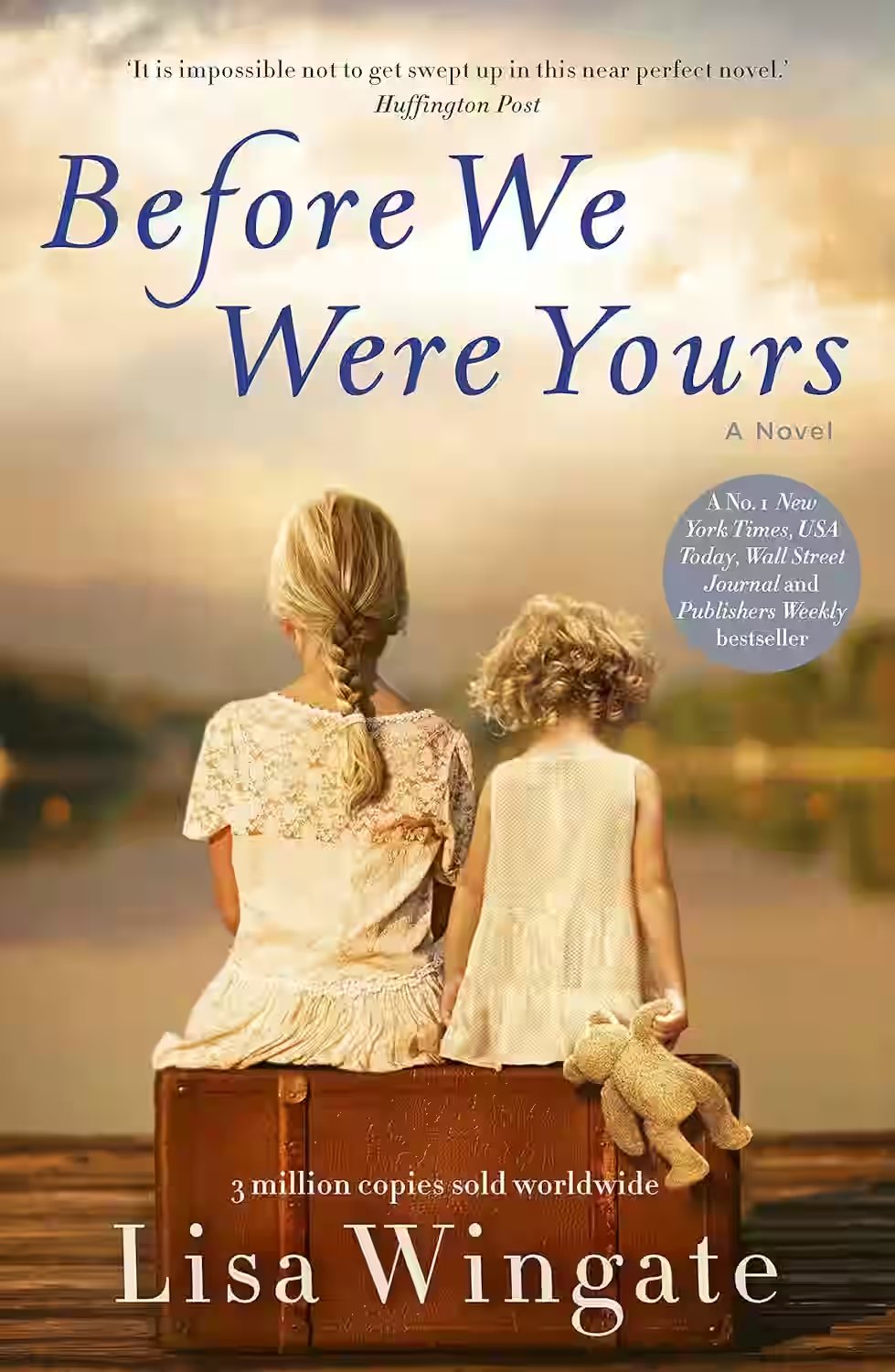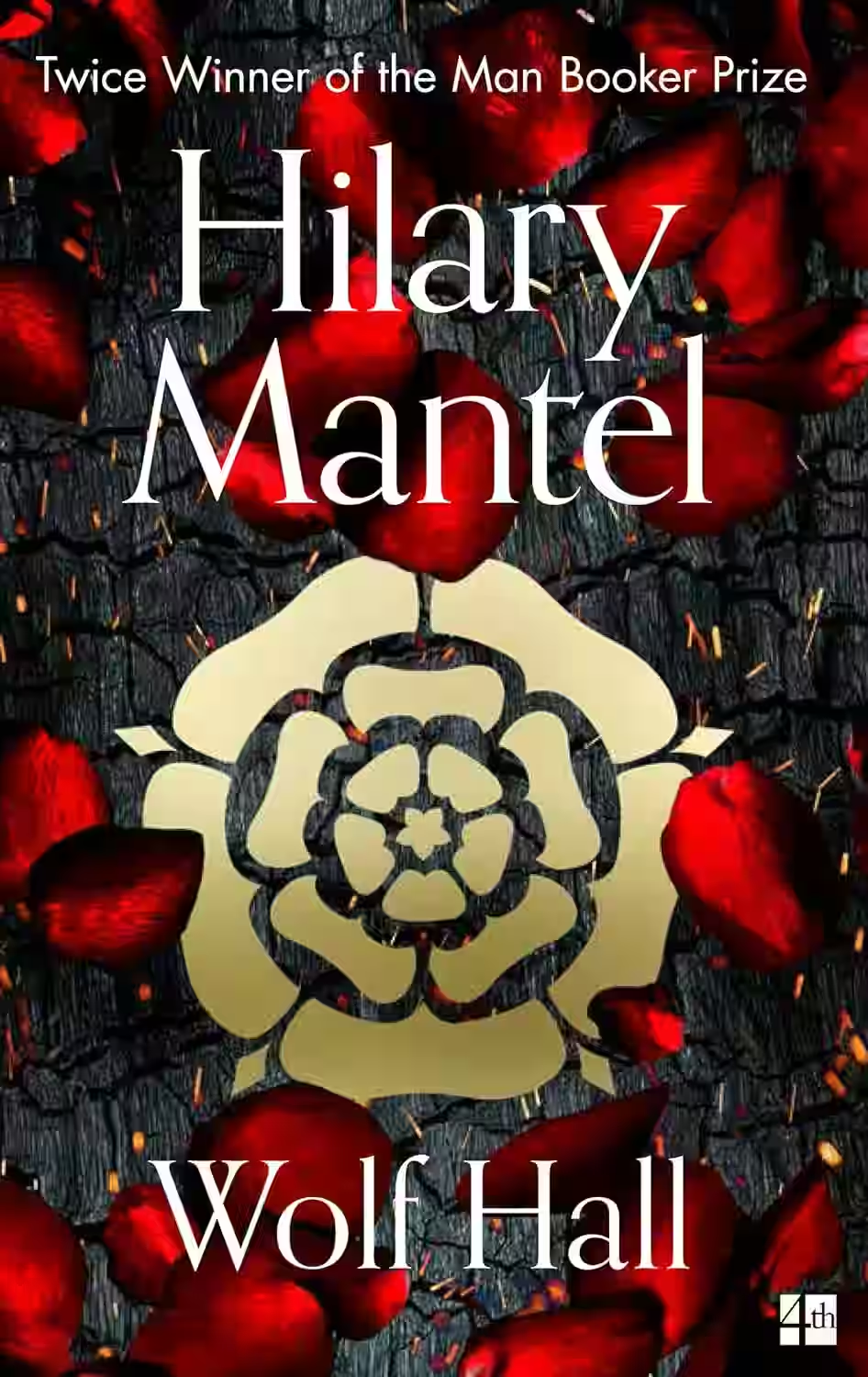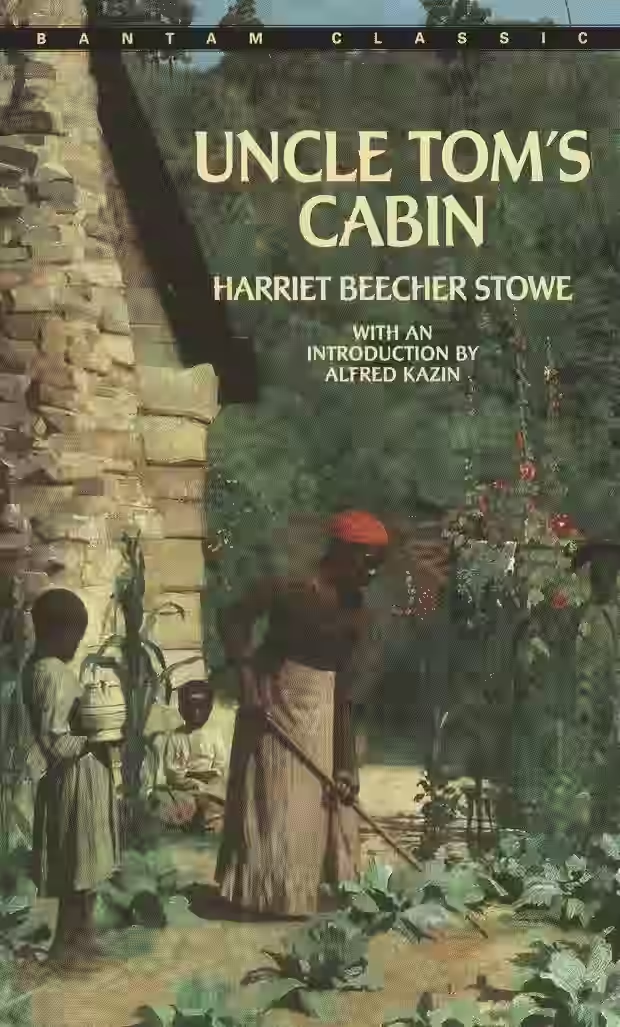
A victorian epic transplanted to Japan, following a Korean family of immigrants through eight decades and four generations. Yeongdo, Korea 1911. In a small fishing village on the banks of the East Sea, a club-footed, cleft-lipped man marries a fifteen-year-old girl. The couple have one child, their beloved daughter Sunja. When Sunja falls pregnant by a married yakuza, the family face ruin. But then Isak, a Christian minister, offers her a chance of salvation: a new life in Japan as his wife. Following a man she barely knows to a hostile country in which she has no friends, no home, and whose language she cannot speak, Sunja's salvation is just the beginning of her story. Through eight decades and four generations, Pachinko is an epic tale of family, identity, love, death and survival.
About Min Jin Lee
A Korean-American author whose powerful novels explore themes of identity, family, immigration, and the Korean diaspora. Her acclaimed works, Pachinko and Free Food for Millionaires, offer nuanced and moving portrayals of the challenges and triumphs of Korean immigrants across generations. Lee's insightful storytelling and richly drawn characters have established her as a significant voice in contemporary American literature.
Similar Books

The Jungle
A harrowing expose of the American meatpacking industry in the early 20th century, The Jungle follows immigrant worker Jurgis Rudkus as he endures exploitation, poverty, and tragedy. Intended to highlight workers’ rights, it shocked readers with its depiction of unsanitary conditions, leading to major food safety reforms. Sinclair’s powerful, muckraking novel remains a classic of social criticism and a landmark in investigative literature.

Before We Were Yours
by Lisa Wingate
Lisa Wingate's 'Before We Were Yours' is a poignant and gripping tale that delves into one of America's most heartbreaking real-life scandals. Set in two timelines, it juxtaposes the 1939 story of the Foss siblings, torn apart by an orphanage that sold poor children to wealthy families, with a modern-day investigation led by Avery Stafford, who is drawn into her family's hidden past. The novel skillfully explores themes of identity, family bonds, and the pursuit of justice. Wingate's rich character development and emotive storytelling result in a powerful narrative that captivates readers, prompting reflection on the resilience of the human spirit.

Wolf Hall
Series: The Wolf Hall Trilogy (#1)
England in the 1520s is a heartbeat from disaster. If the king dies without a male heir, the country could be destroyed by civil war. Henry VIII wants to annul his marriage of twenty years and marry Anne Boleyn. The pope and most of Europe opposes him. Into this impasse steps Thomas Cromwell: a wholly original man, a charmer and a bully, both idealist and opportunist, astute in reading people, and implacable in his ambition. But Henry is volatile: one day tender, one day murderous. Cromwell helps him break the opposition, but what will be the price of his triumph?

Uncle Tom’s Cabin
A landmark anti-slavery novel, Uncle Tom’s Cabin tells the story of enslaved man Tom and the brutal realities of slavery in 19th-century America. With vivid characters and emotional power, it galvanized abolitionist movements and shaped public opinion like no other book of its time. Though controversial for its portrayals today, it remains a pivotal work in American literature and history, sparking empathy and national debate.